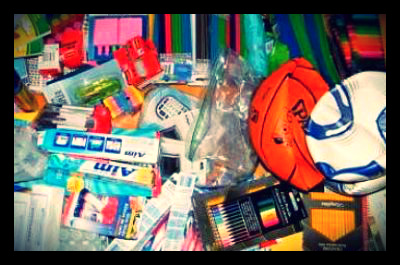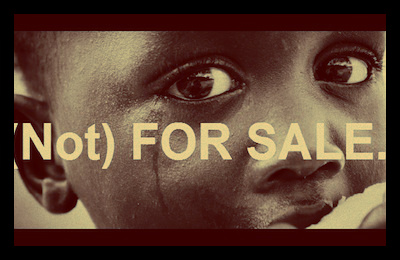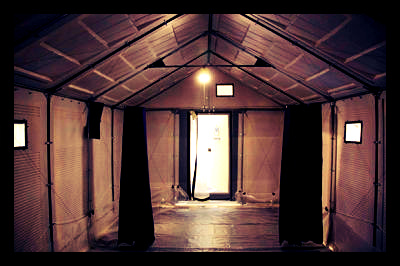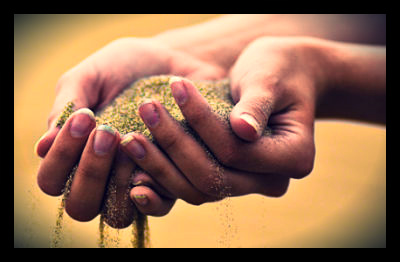
Helping others is the smart thing to do – literally! Recent studies based on the surveying of public opinion in America seems to indicate that there is a direct link between an individual’s intelligence and their capacity to trust others.
The question posed to thousands of Americans asked, “Generally speaking, would you say that most people can be trusted or that you can’t be too careful in dealing with people?” The responses gave some very positive evidence to indicate that a trusting community is a stronger one.
Why it might be that intelligence and trust are so entwined remains a mystery. Possible theories from the study’s lead author, Noah Carol of Oxford University, speculate that it might have something to do with their character judgments and interpersonal perception skills. The root cause is not nearly as significant, though, as its manifested benefits to society.
On a personal level, a trusting nature is proven to bring more health and happiness to one’s life. Those smart individuals who venture to trust are ultimately more adventurous, as well, as they are more willing to embark into the unknown, such as opening a new business or signing up for extensive volunteer work.
This means that there are more men and women actively taking risks upon themselves, thereby contributing to the social and economic well being of their communities. Fostering a broad sense of trust then is an excellent investment for all society’s and institutions.
Carol’s study also argues that the foundation of trust operates more on the broader societal level, meaning trust of unknown strangers, and not so much trust of those we know best, such as family or friends (not that we don’t trust them, too). This is wonderful news, in terms of creating harmony between communities and bridging boundaries, whether racial, ethnic, religious, national or gendered, so as to increase humanitarian aid and charitable good will for all.
If trust is so smart, though, then why is the common culture frequently caught up in an attitude of skepticism, especially when it comes to helping others. Efforts in philanthropy are all too often met with cynicism and uncertainty, revolving around several over emphasized points. Isn’t solving global poverty too big of a problem to solve? Won’t all my donations just go into the pockets of corrupt leaders? Aren’t our own country’s issues more important? False, to all of those!
Corruption unfortunately becomes the mental image too many people conjure up when they think of aid, but this is honestly quite misinformed. Yes, it exists. It even exists in the United States. However, there are many strategic measures that can and do safeguard against such criminality. Most foreign aid funds and policies are actually preceded by regulations and expectations that prevent corrupt leaders from siphoning off amounts of cash for their own personal gain. Also, for every corrupt government official, there are several benevolent ones, who want just as much as anybody else to see an end to the world’s ills. All we have to do it have a little bit of faith in them.
As for poverty’s solvability, this is another area that gets severely mischaracterized. Poverty is a challenge, but one that humanity is surely up for, given a bit of confidence. $30 billion a year is the number estimated by the FAO that is needed to solve poverty worldwide, and though it is large, it is a fraction of what the United States spends on the military. Just like those individuals who turn their trust into entrepreneurial yields, we too should have a spirit for new financial projects in the name of humanitarian undertakings, because we might just get the profit that we want.
It’s not as though the benefits of our trust wouldn’t come right back at us, for solving poverty would have enormous benefits for the health and happiness of our country. For one, national security would cease to be an issue, due to the new international friendships forged in the trusting process. Instead, we could spend out defense budget on other things, like education, healthcare, urban renewal, and more.
Do you see now? A trusting approach to foreign aid and international affairs most definitely seem like the smartest idea, benefiting everyone involved! Turning away from the world’s poor would be, aside from other things, simply unintelligent. Trust in Foreign Aid!
– Stefanie Doucette
Photo: Watoday
Sources: PsyBlog, The Borgen Project









